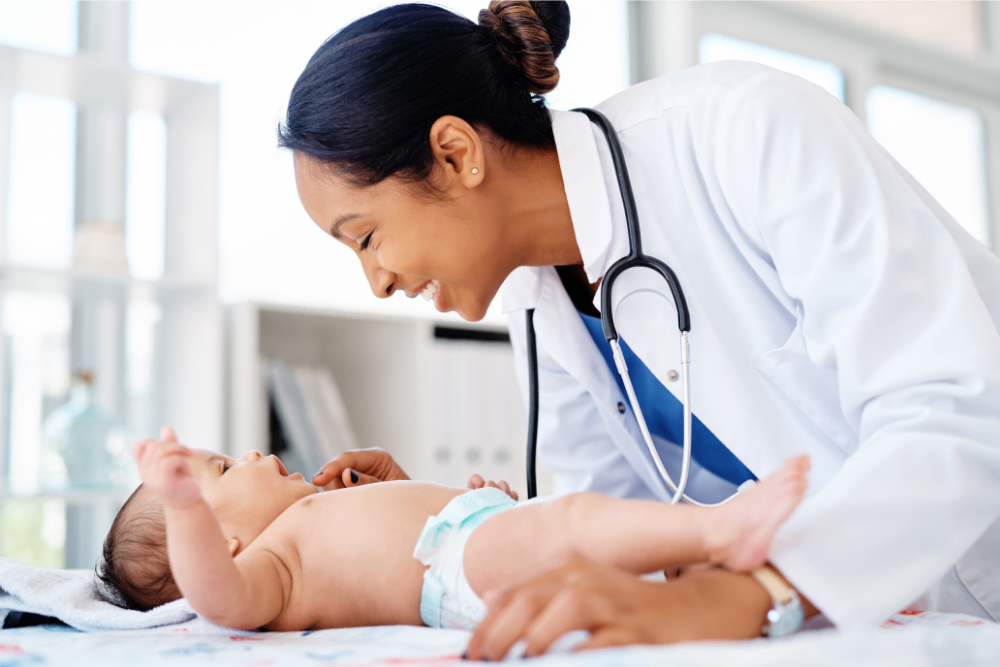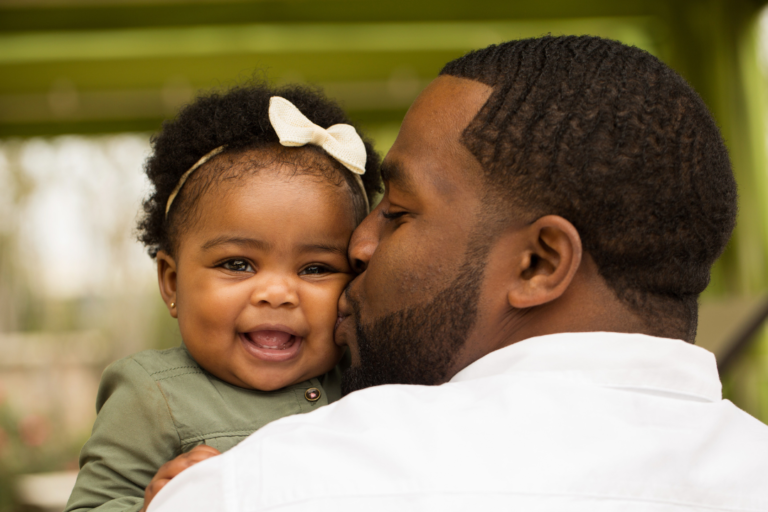As a parent, your baby’s health is your priority but keeping your baby healthy through the year is a challenge. Your little one is likely to have 14 minor illnesses before they even start preschool and this is all part of developing their immunity. Most of these illnesses are nothing to worry about and your toddler will get better without intervention. That said, any illness is a hassle because of the way it interferes with your child’s sleep, appetite and routine. Here are 5 tips you need to know about keeping your little one healthy:
Sterilizing for safety
You will have been told to sterilize your baby’s bottles and dummies when they are little. This is a good idea to prevent infection in the early days. From 6 months old stop sterilizing your baby’s dummies and bottles. As soon as your little one is mobile and controlling what goes into their mouth, sterilizing is pointless. If, however, your little one is getting recurring infections it might be time for new teats and/or dummies or a thorough sterilization.
Staying up-to-date with vaccinations
There is no question that vaccines are the most important life-saving health strategy. Vaccinations protect your baby from the more dangerous illnesses and can save your baby’s life. Follow the schedule recommended by your clinic sister and don’t listen to sensational and misinformed advice to not vaccinate your little one.
Managing illnesses
It is not necessary to see the doctor for most childhood illnesses. Most infections are viral and while inconvenient, do not need to be medically managed. Just keep your little one comfortable and give them 10 days to recover. Manage pain and mild fever with Paracetamol and clear a snotty nose with saline spray.
When to call the doctor
If your baby is listless, not eating and crying a lot you will be justifiably concerned. Call the doctor for any of these symptoms of illness under 3 months of age. Thereafter, if your little one has a fever that is difficult to break or prolonged, seek intervention. Fever with a rash and/or a rash with vomiting should always be checked. If your baby has diarrhea and/or vomiting and more is coming out than fluids going in then they are at risk of dehydration and should be seen.
What’s in your first aid kit
A first aid kit is important and should contain at least the following:
- Paracetamol
- Saline spray or drops
- Burnshield
- Rehydration solution
- Plasters
- Bactroban
- Bandages
By implementing these 5 health tips for your baby and toddler, you will go a long way in striking the balance between keeping them healthy and building their immunity.




